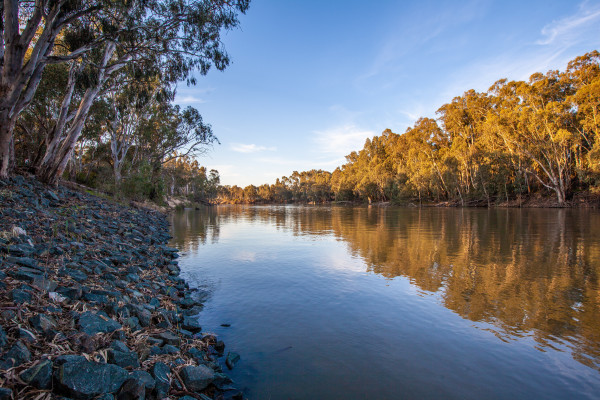A GROUP that represents councils along the Murray River border says the passing of last week’s Restoring our Rivers Murray-Darling Basin Plan amendment Bill was a “bittersweet outcome” for basin communities.
Murray River Group of Councils acting chair Tony Marwood, of Campaspe Council, said that although water buybacks remained and the cap on buybacks had been removed, there were some concessions for communities.
“For instance, the inclusion of water-leasing options for water recovery by the Commonwealth will give irrigation farmers more flexibility in deciding what best suits their operational needs and personal circumstances,” Cr Marwood said.
Farmers will have the choice of whether to sell their water entitlement (buybacks), lease water to the Commonwealth, or sell their entitlement and lease it back from the Commonwealth (leasebacks).
“While these leasing options will give farmers some choice, we believe that any water recovery efforts should be focused on the northern basin in the first instance,” Cr Marwood said.
“The basin plan 2020 evaluation assessment of outcomes found hydrology and ecology to be stable or imp-roved in the southern basin but had declined in the northern basin due to a drying climate and lack of held environmental water. So, we urge the Commonwealth to concentrate on … the northern basin as the first priority.”
As part of its #PushbackBuybacks campaign, MRGC fought to retain the socioeconomic impact test.
“The Bill’s passing with an amendment that requires the government to conduct socioeconomic impact assessments of any water purchase program, and that these must be reported on annually, aligns with our position,” Cr Marwood said.
“However, it is critical that the socioeconomic impact assessment process is thorough and robust, including consulting with stakeholders, to enable a comprehensive evaluation of any water-purchase program and detailed reporting to the public.
“Moving forward, if water buybacks do occur across the basin, we hope that there is genuine and deep engagement between the Australian Government and basin communities on compensatory adjustment packages, and that local councils are an integral part of this process as we know our communities best.”







